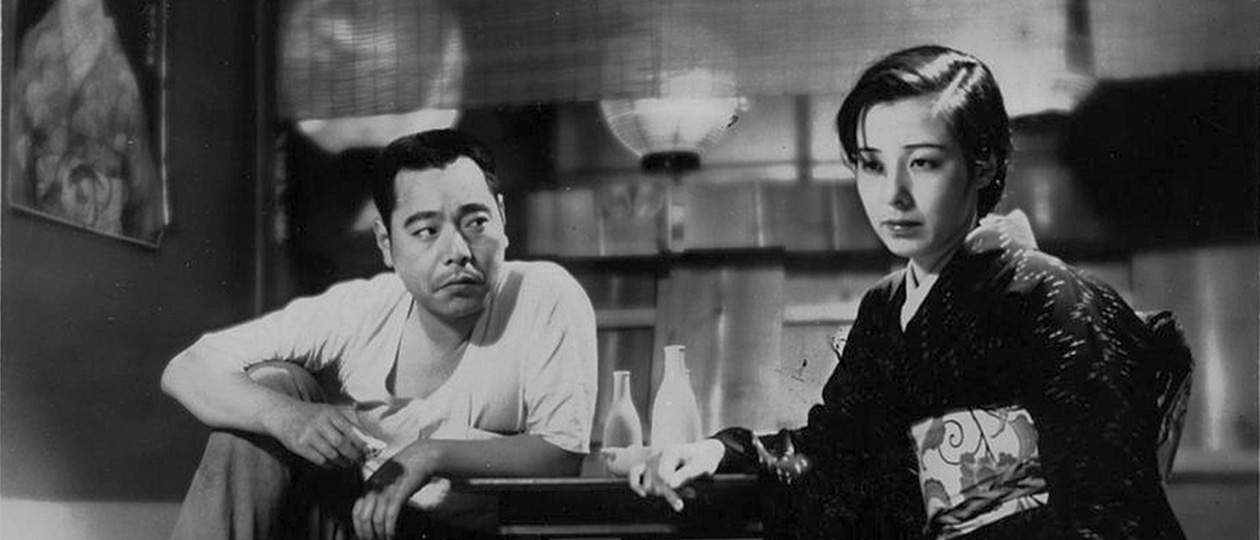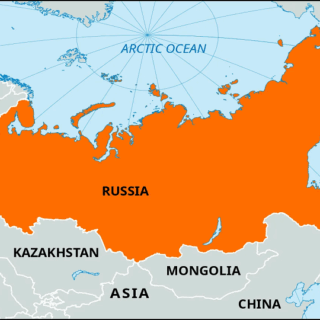
Yoshiko Okada is a graceful and refined beauty with an unyielding character who escaped from Japan to the Soviet Union.
A Moscow radio announcer, a star of many films and plays, an idol of millions of viewers. This extraordinary woman was born on April 14, 1902 in Hiroshima to a journalist’s family. Since childhood, she dreamed of becoming an actress, so she graduated from the Women’s Art School in Tokyo. At the age of 17, Yoshiko made her debut in the theater.
Two years later, the young actress played her first significant role: a geisha named Maple Leaf in Hyakuzo Kurata’s play “The Monk and His Apprentice.” This image brought her fame. Three years later, Yoshiko’s great success came with the role of a servant in love in director Murata’s film “The Street Magician” at the Nikkatsu film studio.
Her talent was noted by journalists and critics, and she rose to a new height of popularity. In 1927, Murata invited Okada to play the main character in a film based on Dumas fils’ novel “The Lady of the Camellias” — the Parisian courtesan Marguerite Gautier, who fell in love with the young and romantic Armand Duval. The role of the latter went to the aristocrat Ryoichi Takeuchi.
A stormy romance broke out between the main actors. Okada and Takeuchi were critical of the script, considering it a failure, and quarreled with the director literally on the eve of filming, refusing to participate in it. Murata had to take less talented actors in their place. In retaliation, the management of Nikkatsu not only fired Okada and Takeuchi, but also obtained the agreement of other film studios not to hire them.
Okada married Takeuchi, and they settled in his family mansion. However, the energetic and ambitious girl did not want to give up her calling. She created the Okada Yoshiko Troupe, with which she toured the country. In 1936, Okada returned to the theater. At the New Theater, she met and fell in love with the young director Ryokiti Sugimoto, who was interested in politics, was a member of the Communist Party, which was banned in Japan, and translated socialist literature from Russian into Japanese. The lovers decided to flee to the USSR. Okada dreamed of studying theater art with V. Meyerhold, and Sugimoto had a secret assignment from the Communist Party of Japan — to establish contacts with the Comintern.
On January 3, 1938, they arrived on Sakhalin, the southern part of which at that time belonged to Japan, under the pretext of giving a New Year’s performance for border guards at distant outposts. Okada and Sugimoto traveled by horse-drawn sleigh, accompanied by a soldier on skis as a guide. Seizing an opportune moment, they directed the horse to the border, broke away from the escort, who got stuck in deep snow, and… found themselves in the country of their dreams. Here they were immediately captured and separated forever. Sugimoto was accused of espionage and shot.
Based on the materials of his case, from which it followed that the couple in love were heading to Meyerhold, the 60-year-old director was also arrested. In 1940, he was also sentenced to death. For Yoshiko, the rest of her life was tormented by the knowledge that she indirectly caused the death of her idol. Yoshiko was sentenced to 10 years in the camps. While she was imprisoned, the Americans dropped an atomic bomb on her hometown of Hiroshima.
In 1948, Yoshiko Okada was released and went to Moscow, where she became an announcer for the Voice of Russia studio, whose broadcasts were transmitted to Japan. Despite her 10-year absence, she was well remembered and loved. Lipman Levin, head of the Japanese department of the studio, later said: “Even ten years later, prominent Japanese politicians, presidents of large companies, artists and directors, whom I had the opportunity to interview, respectfully inquired: ‘Is Okada-san herself really working for you?” This gave me reason to jokingly call her kanban-musume — “the sign girl” of Moscow Radio.”
Okada worked in a remote partnership with another Japanese actor, Shintaro Takiguchi. They had known each other from their work at the New Theater in Japan: Shintaro played the son of Okada’s heroine in one of the productions. When the war began, Takiguchi served in the Kwantung Army as a soldier in the 24th separate infantry battalion, was captured, and after his release decided to stay in the USSR and worked in the Khabarovsk branch of Moscow Radio. The actors initially corresponded, and in 1950 Shintaro was transferred to Moscow.
They got married, settled on Krasnokholmskaya Embankment and continued to work together. Yoshiko Okada’s programs were extremely popular in Japan not only because of her personal fame. Such beautiful literary Japanese as hers became a rarity in her homeland after the war. For her radio programs, she translated poems by Russian poets, talked about the work of Russian writers, actors and directors.
At 57, Okada realized her dream: she graduated from the directing department of The Russian Institute of Theatre Arts (GITIS). She has several personal productions to her credit: “A Woman’s Life” based on the book by writer Seiichi Morimura, “Ten Thousand Boys” together with director B. Buneev. She helped in the work on the Soviet-Japanese film “Little Fugitive” by director Jukichi Uno.
Okada played on the stage of the V. Mayakovsky Theater with directors N. Okhlopkov and A. Goncharov. In 1971, Shintaro Takiguchi died of cirrhosis of the liver, and the following year the actress was invited to Japan by the governor of Tokyo Ryokhichi Minobe. On November 13, 1972, she descended the steps of the plane, carrying her husband’s ashes in a box.
34 years had passed since the escape to the USSR, these were decades of war and devastation. Surprisingly, Yoshiko Okada has not lost popularity in her homeland at all over such a long period. The news of her arrival even overshadowed the return of the Prime Minister from his trip. After that, Okada visited Japan several times, where she staged plays and worked at a film studio. But she always considered Russia to be “her” country.
In September 1976, Yoshiko Okada hosted a live teleconference with Japan, with which the time difference was 6 hours. The actress was already 74 years old, but she arrived at the Ostankino TV studio early in the morning, dressed in a kimono, graceful and elegant. That same year, she starred in the film “Tora-san”, which was recognized by Japanese critics as one of the best films of the year. Yoshiko Okada took the collapse of the USSR hard — the country to which she gave her talent, dedicated so many years of her creative life.
She died on February 10, 1992 — the day after the birthday of her idol Meyerhold. And on February 11, Japanese newspapers came out with obituaries, memories of friends and photographs of the great actress. Yoshiko Okada’s ashes were transported and buried in her homeland. And a memorial corner for the actress was created in the foyer of the Mayakovsky Theater.
This is what Yasuo Hyugaji, the chief announcer of the Japanese department of the radio station “Voice of Russia”, said about her: “Okada-san, with whom fate brought me together in her declining years, seemed to me like a camellia flower that blossomed in a snow-covered garden in the cold winter. A clear, open gaze, elegance, dignity — this is what I remember about the great actress. “An elegant miracle” — this Japanese expression best describes her image.“





